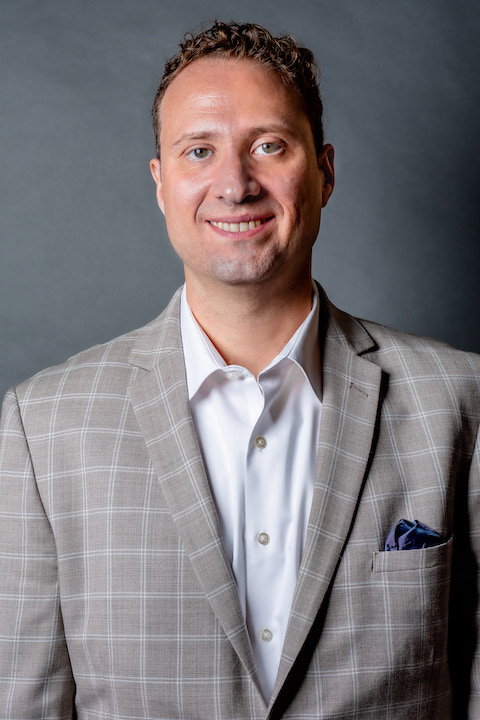
Meet Our Staff: Mike Salamon

For Mike Salamon, growing up as a first-generation child of immigrants in Brooklyn involved baseball—a lot of baseball. When the New York Mets were established in 1962, the team “was like Manna from Heaven for my grandfather, who had been without a team since the Dodgers moved to Los Angeles,” Mike says. “He just became obsessed with the Mets. I spent a lot of time in the bleachers of Shea Stadium watching Mets games with him.”
The regular baseball season runs from April through September; each team plays 162 games (and that’s before the post-season playoffs), with the average game lasting 2 ½ hours. It’s a sport that rewards those who see the future in every part of the present. “People say this about baseball a million times: It’s a marathon, not a sprint. You can’t just think about now,” he explains. “You have to think about tomorrow and next week and next month. There are definite parallels to advocacy.”
Mike would know: He’s dedicated his career to advocacy. “In a very broad sense, my career path has been about doing whatever I can to help improve life for marginalized communities and for those who are otherwise not being spoken for,” he says. After college, he worked for a decade in direct lobbying and policy research, then pursued a master’s degree in international affairs. He graduated in the spring of 2012 during the Obama re-election campaign, in the thick of organizing momentum, and began what was initially a six-month contract for The ONE Campaign. He wound up working there for a year and a half.
Organizing brought him into communities: “I loved getting out into the field and meeting with people who wanted to make a difference, but they had lives, they had jobs; advocacy wasn’t what they did. So they didn’t know how to take that passion and turn it into something that could actually move the needle.” In the next eight years, he developed what he calls “a niche in being able to empower people to be agents of change” for the issues they cared about.
After years of working at single-issue nonprofits and organizations, Mike joined AFJ in June 2022, drawn by the breadth of its reach. “When there’s a development around environmental policy or gun violence prevention or reproductive rights, or whatever it may be, the work we do at AFJ allows me to be involved with all those things, because of how wide-ranging our focus is,” he explains.
As AFJ’s Deputy Director of Outreach and Membership, he oversees AFJ’s alliance of more than 150 member organizations and associated engagement programming, as well as long-term growth strategy. He describes the Outreach and Membership program as “the hub at the center of the wheel,” with member organizations as the spokes: “It’s our job to come up with a central message and disperse it to the members, who then get it even wider out.”
AFJ’s member alliance comprises organizations across the progressive movement. Part of the goal of the Outreach and Membership program, Mike says, is to “create a cohesion of purpose, and a cohesion of strategy, when it comes to reforming the courts.” This is key to enshrining advocacy victories: “As we’ve learned, if the courts are skewed towards a certain perspective, it can wipe out an incredible amount of good work happening at the legislative level,” he says. For progressive organizations, focusing on the courts is a tangible way “to solidify your wins and remedy your losses.”
In turn, the member alliance amplifies AFJ’s work on ethics reform and judicial diversity. “It’s one thing for Congress and the White House to hear from us directly; it’s another thing to hear it from their constituents,” Mike explains. “Our members are what enable us to get that bottom-up groundswell of action and outreach.”
So much of this work—building coalitions, distilling a 10,000-foot view into concrete actions—involves a daily grind that at times, might overwhelm the bigger picture. For Mike, his three sons remind him of why he does this work. “Being a parent helps crystallize the stakes,” he says. “It gives you a very visceral sense of the importance of thinking about the implications of things that we may not see come to fruition in five or ten years, that may take decades—but that’s when my kids will be adults. I very much feel an obligation as their parent to do my part to leave the world better for them.”
